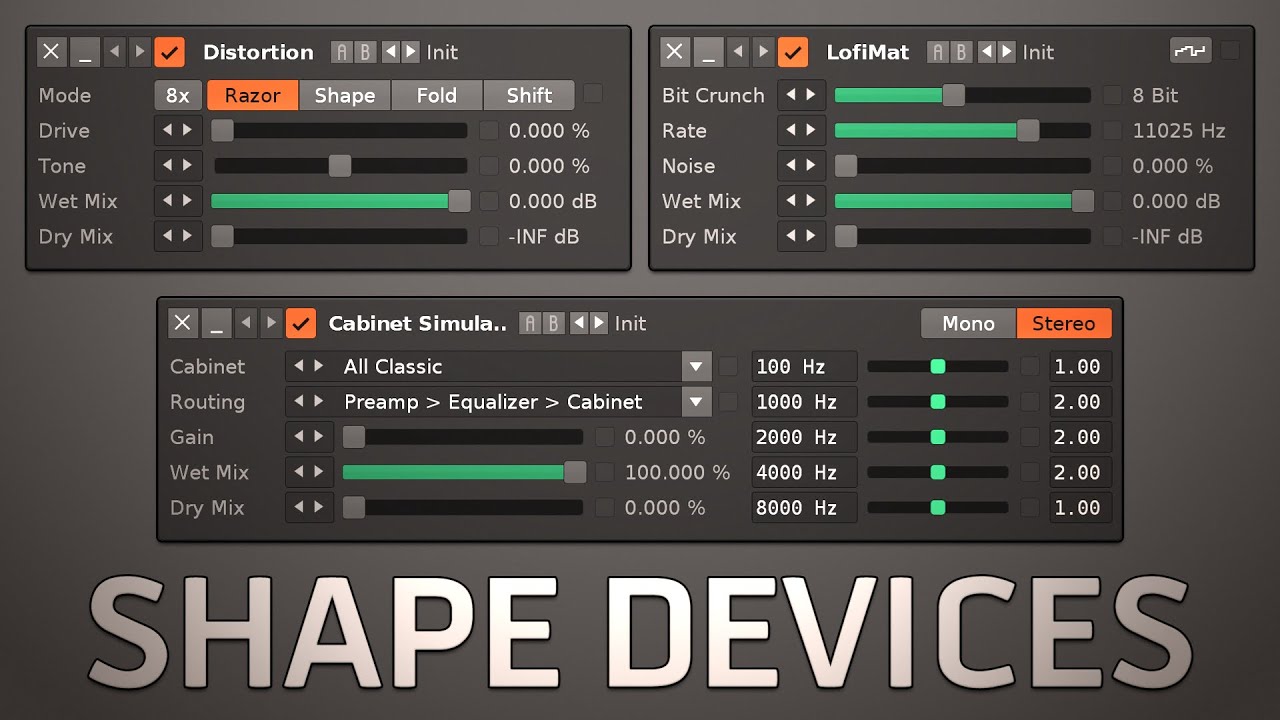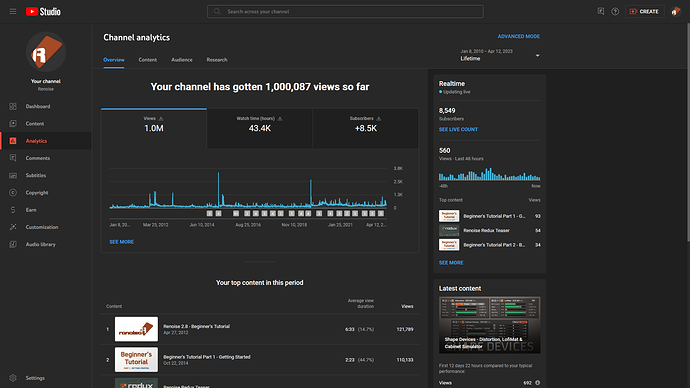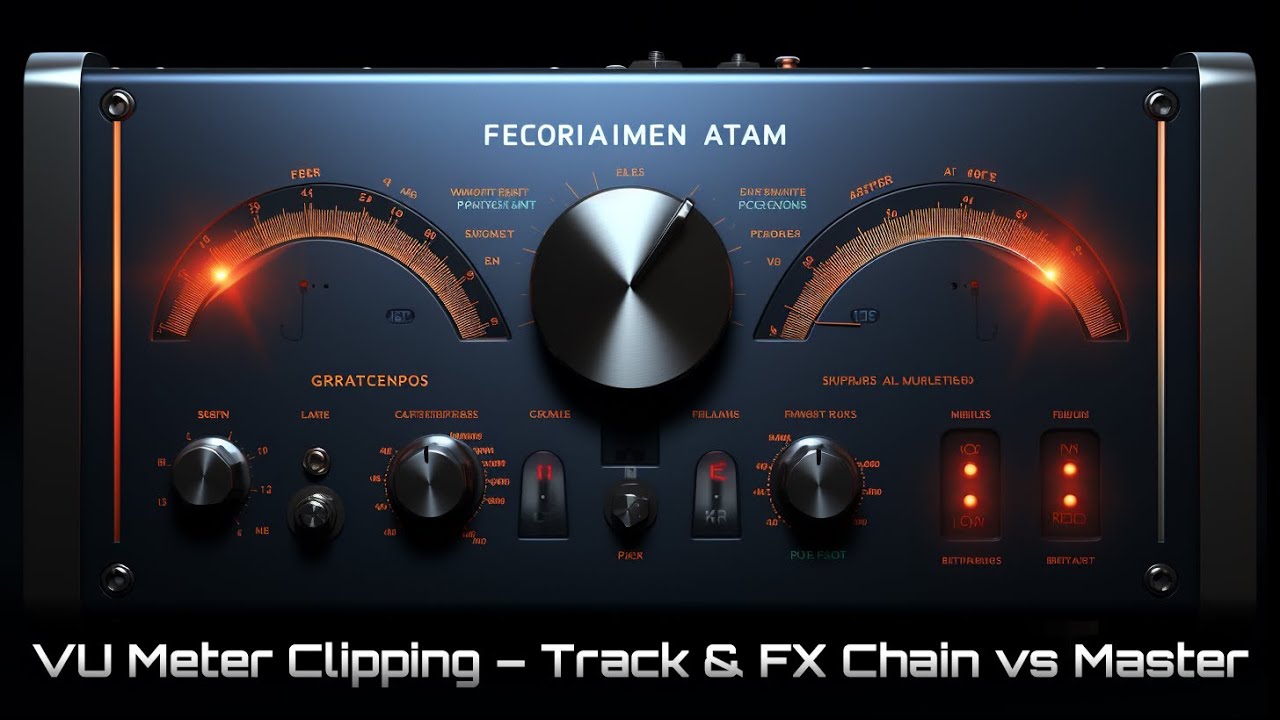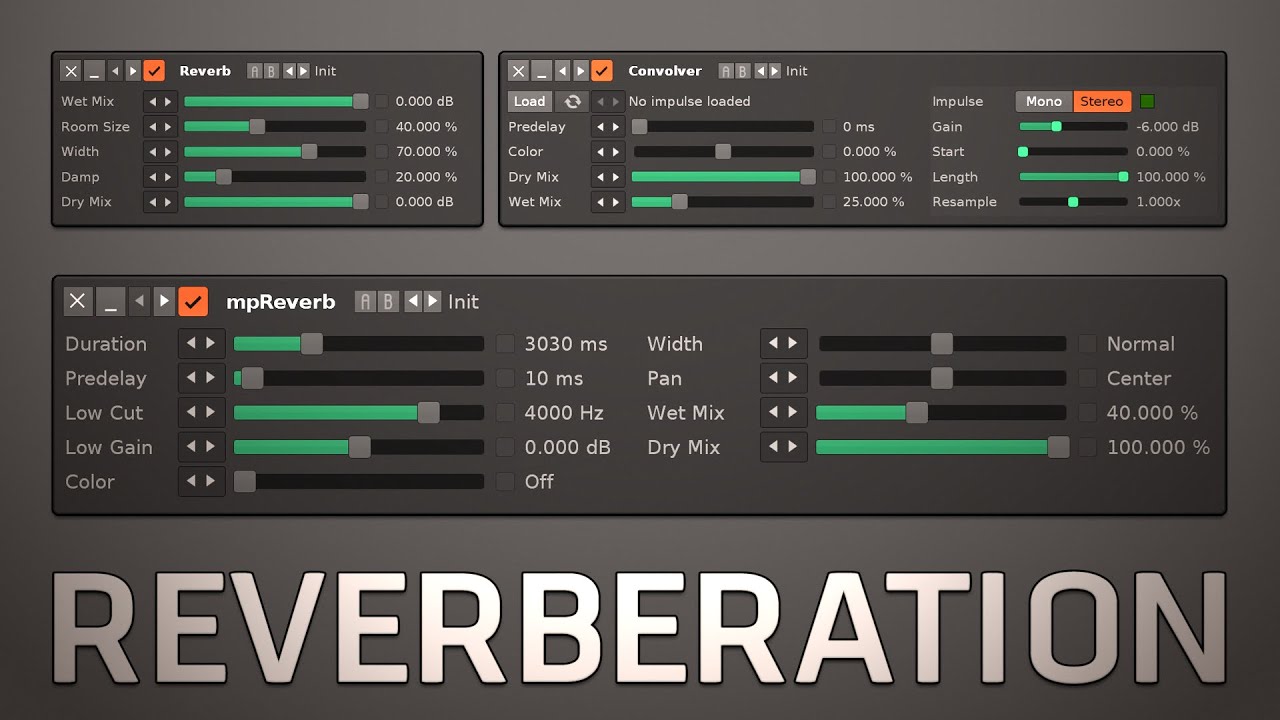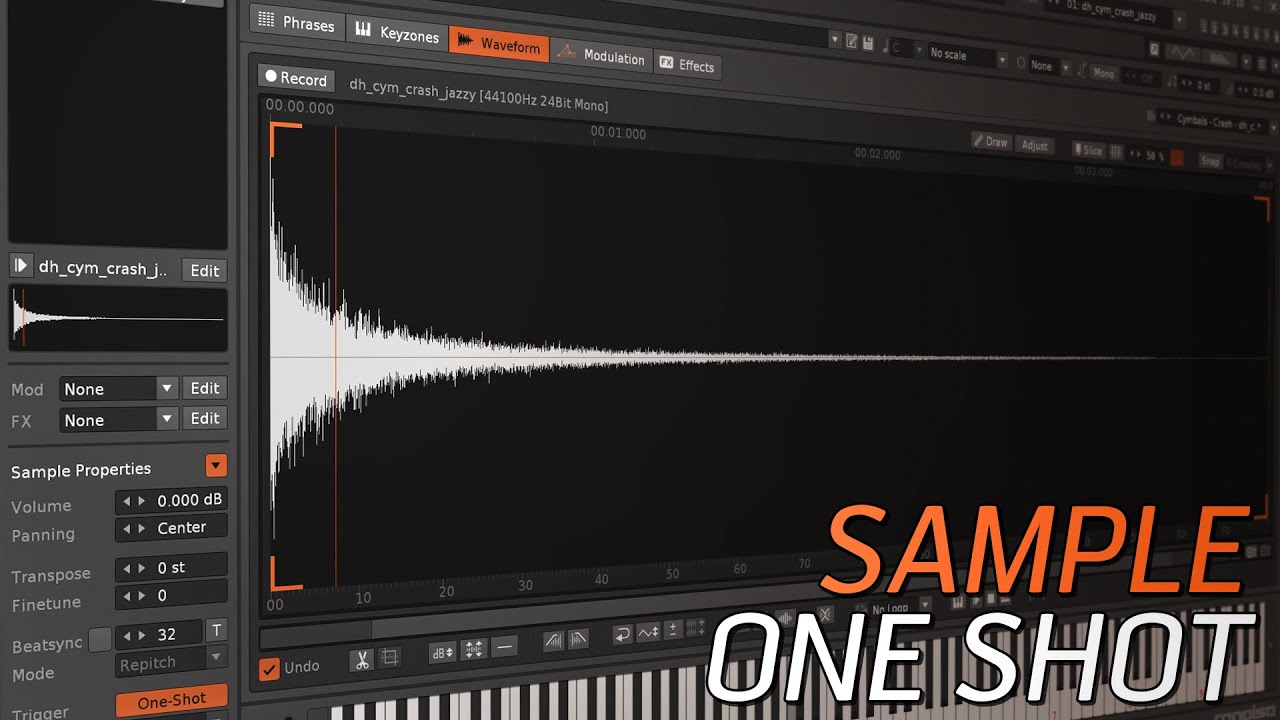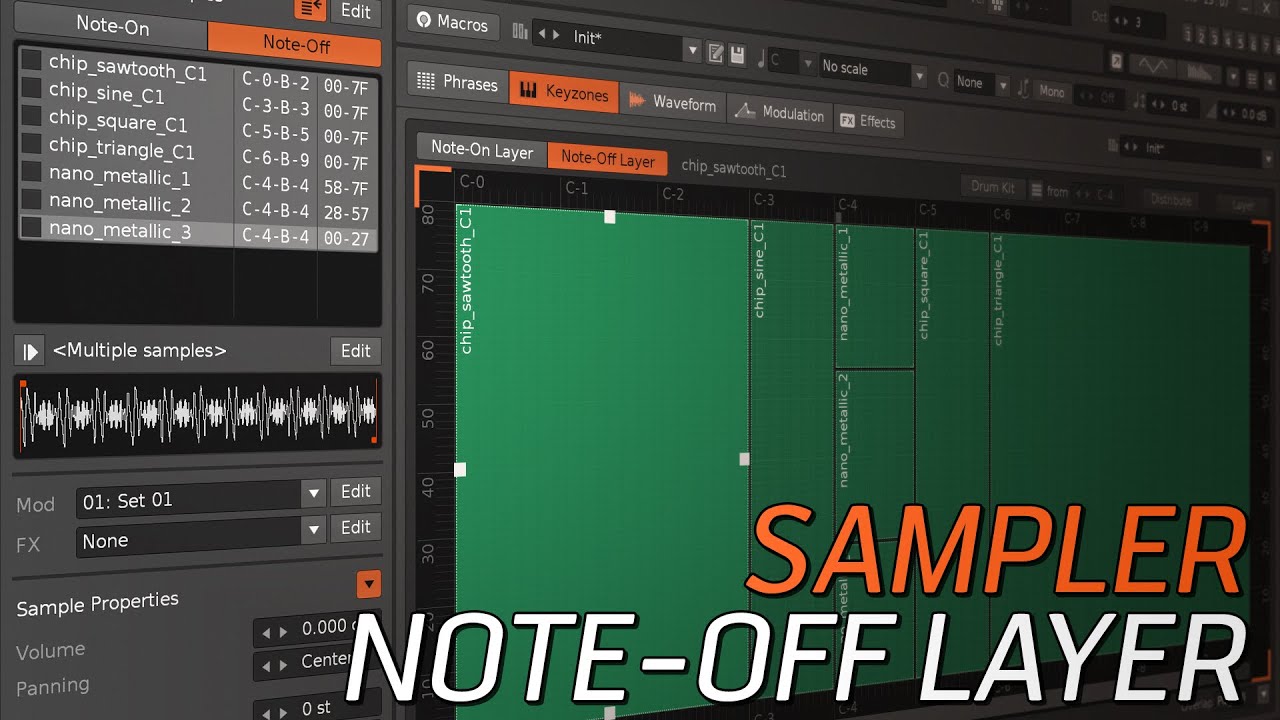Agreed
As the name suggests, these effects modify the shape of the waveform passing through them. The Distortion & Cabinet Simulator devices focus on making changes to the signal vertically, while the LofiMat applies restrictions to both the vertical and horizontal planes. All three feature separate Dry & Wet Mix sliders for complete control over the volume of the original and altered audio.
Thanks to your support, we finally made it to 1 MILLION views on the Renoise Youtube channel. Here’s to many more videos and views!
wow that’s actually pretty impressive
Congrats on 1M views. Well deserved, too – Renoise at first looks very foreign, but the videos have made it easy to pick up. I like that they’re all short and to the point. Some tutorials for other companies tend to dedicate too much time to puffed up branding foolishness, so it’s refreshing to get something more direct.
No, thanks to YOU and your likeable accent. I assume @stoiximan was right and you’re a scotsman. ![]()
It seems that those Renoise videos arouse more interest in the recent couple of years. That’s good news. It shows that tracker stuff is still popular, despite the fact that’s a niche. Congrats to Renoise, the current best tracker.
Renoise it’s getting more relevant! And could potentially get even more. ![]() Me and some folks from the forum have a Renoise themed discord and we receive new people each day, both experienced and beginners.
Me and some folks from the forum have a Renoise themed discord and we receive new people each day, both experienced and beginners.
You mean that one?
I’m there too but no, it’s this one: https://discord.gg/CabWQVzz
When creating music in Renoise, all of the separate instruments and tracks come together in one place: the Master track. Renoise has three devices designed for the precise shaping of the final audio.
Not an official video, but it does show something relevant: audio clipping only actually occurs in the Master track, not in other tracks or Sampler FX Chains.
can someone re-share link? both are invalid for me
Reverberation is when a sound wave is reflected off of various surfaces, extending its length and gaining a particular character from the acoustic environment. Reverb effects simulate this natural process, and you’ll find three such devices in Renoise & Redux.
Here goes the Trackercorps one, shared by @moloko
Being able to play certain sounds as a ‘One Shot’ is an old solution to an old problem: sometimes samples, usually drums, need to ignore Note-Off events and simply play through the entire waveform. While having such an option is useful when playing or recording live using the computer keyboard, it is crucial for hardware controllers that are designed only to be struck briefly.
Triggering samples in the Note-Off layer has some restrictions that you need to deal with, and getting the most out of it requires creatively incorporating some more advanced features. So in this video we’ll work through a few examples to hopefully inspire you to create your own techniques.
It’s possible to create complex instruments and music without ever touching the Keyzones section of the Sampler. However, if you want to control how different samples are played across a range of notes and velocities then that instrument will need to make use of Keyzones.
Another excellently informative and thorough video! I always learn something from these. Thank you!
